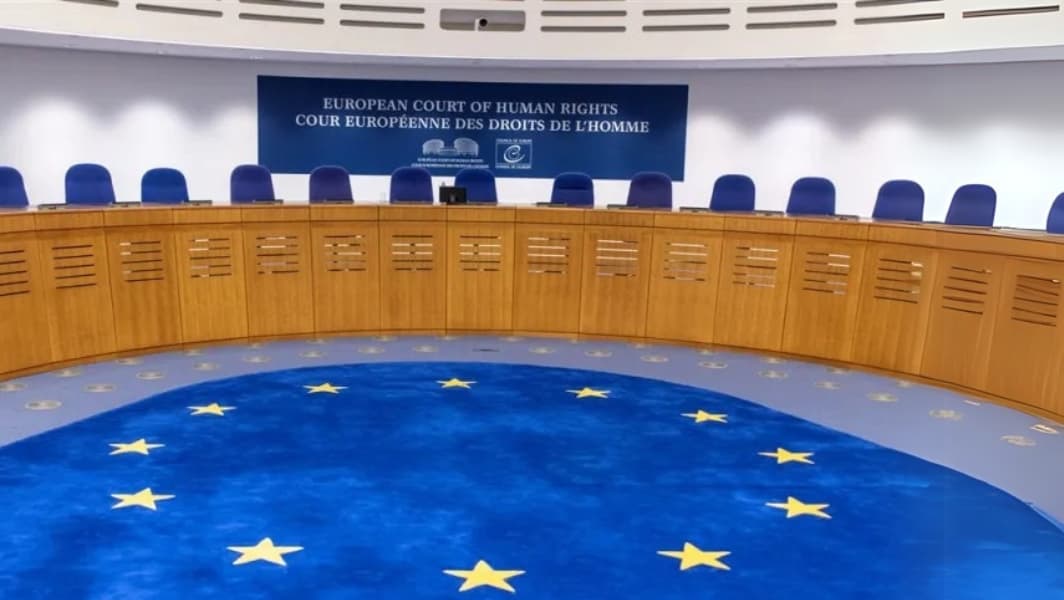
European Court of Human Rights Finds Russia Has Systematically Violated Human Rights in Crimea
Court Rules Russia's Actions in Crimea Since 2014 Breach International Human Rights Standards
In a landmark ruling, the European Court of Human Rights (ECHR) has determined that Russia has consistently violated human rights in Crimea since its annexation of the region in 2014. The court’s decision highlights a range of abuses, including unlawful detentions, torture, discrimination, and restrictions on freedom of expression, all of which are in clear violation of the European Convention on Human Rights.
Background of the Crimea Conflict
In 2014, Russia annexed Crimea, a move that was widely condemned by the international community. Ukraine and much of the global community consider Crimea to be part of Ukraine, and Russia's actions have been viewed as illegal under international law. Since then, the region has been under Russian control, and numerous reports have emerged regarding the suppression of political opposition, the persecution of ethnic minorities, and the violation of fundamental rights.
The ECHR’s ruling comes after multiple cases were brought against Russia by victims of human rights abuses in Crimea. These complaints highlighted the systematic crackdown on pro-Ukrainian activists, Crimean Tatars, and journalists, as well as the forced displacement of people who opposed Russian rule.
Key Findings of the Court
The ECHR’s judgment is a significant legal rebuke to Russia’s actions in Crimea. The court found that Russia’s occupation of the region has been marked by a persistent disregard for human rights. Some of the key violations outlined in the ruling include:
- Unlawful Detentions and Torture: The court found that Russian authorities have engaged in arbitrary detentions of individuals, particularly those expressing opposition to Russian control. Many of these individuals were subjected to torture and ill-treatment while in custody.
- Persecution of Ethnic Minorities: The Crimean Tatar population, which has historically been persecuted by Russian authorities, has been subjected to forced disappearances, harassment, and discrimination since the annexation. The court condemned Russia for its treatment of Crimean Tatars, who have faced significant repression for their resistance to the annexation.
- Freedom of Expression Restrictions: The court ruled that Russia has systematically suppressed freedom of speech in Crimea, targeting independent media, journalists, and activists. Those who have criticized the Russian government or supported Ukraine’s sovereignty have been subjected to arrest, imprisonment, and harassment.
- Displacement and Forced Relocation: The ECHR noted that Russia’s actions in Crimea have led to the forced displacement of thousands of people, including those who were opposed to Russian rule, and the forced relocation of Russian nationals to the region.
- Lack of Access to Justice: The court highlighted the absence of an independent judiciary in Crimea and the systematic denial of legal recourse for victims of human rights abuses. Those who sought justice were often met with further persecution.
Implications for Russia and the International Community
The ruling by the ECHR carries significant implications for Russia’s standing in the international community. While Russia has consistently refused to recognize the court's jurisdiction in this case, the judgment serves as a legal condemnation of its actions in Crimea. The ruling adds to the growing body of international legal challenges against Russia’s annexation of Crimea and the violations that have followed.
Russia’s ongoing refusal to adhere to international legal rulings has raised concerns about the enforcement of human rights protections in the region. Despite international pressure and legal judgments, Russia’s control of Crimea remains firm, and the situation continues to present challenges for the global human rights community.
For Ukraine and its allies, the court’s decision reinforces the need for continued diplomatic and legal efforts to address the human rights abuses in Crimea. The ruling also serves as a reminder of the enduring humanitarian crisis faced by the people of Crimea under Russian occupation.
Conclusion
The European Court of Human Rights’ ruling that Russia has systematically violated human rights in Crimea since 2014 is a powerful condemnation of Russia’s actions in the region. The court’s findings underscore the ongoing repression, discrimination, and violence that has affected Crimea’s residents, particularly ethnic minorities and those opposed to Russian rule. As the international community continues to call for accountability, the ECHR’s judgment highlights the need for continued legal and diplomatic action to address the human rights crisis in Crimea.